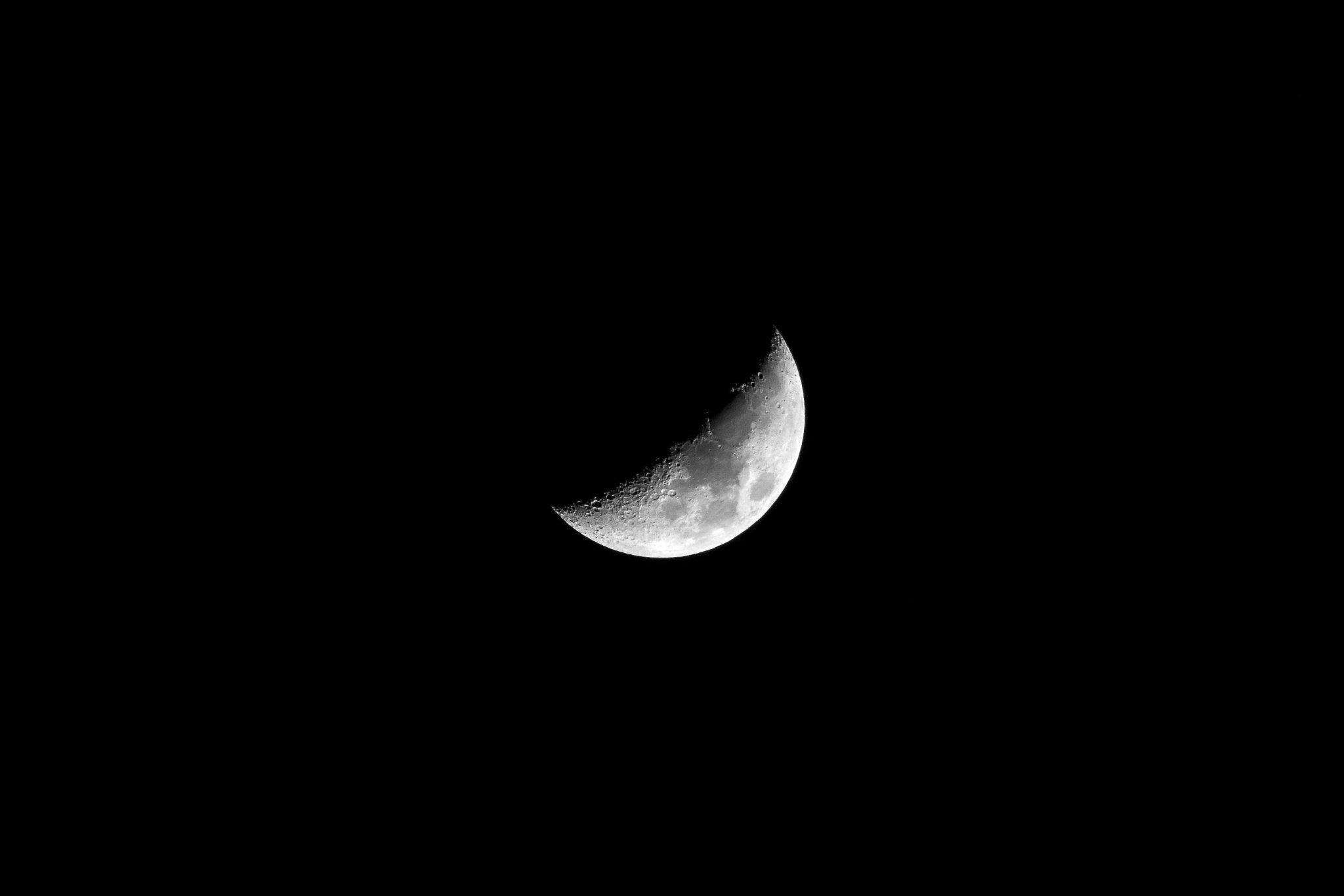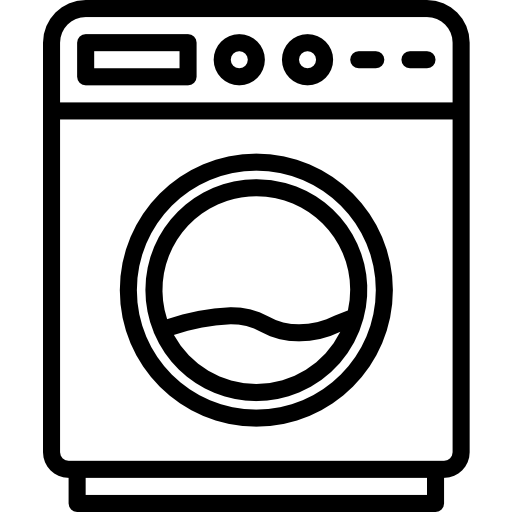
All About the Witching Hour and How It Relates to Your Sleep
Have you ever wondered why is it that the time between midnight to sunrise at around 3AM feels a bit creepy? That time window has a name, and it’s called the witching hour.
Horror movies probably play a big part in cementing that feeling of creepiness of the witching hour into our psyche.
But that window of time is also deeply rooted in history and folklore, and scientists may also have found an explanation of why the witching hour makes us feel that way. The witching hour can also affect our sleep patterns and overall well being.
In this article, we explore the origins of the witching hour, its effects on sleep, and how you can ensure a restful night despite its disruptions.
What is the Witching Hour?
Traditionally, the witching hour refers to a time of night when supernatural beings are believed to be most active. This period, often thought to occur between 3:00 AM and 4:00 AM, has been steeped in folklore for centuries. During this time, it was believed that witches, ghosts, and other supernatural entities were at their most powerful.
History of the Witching Hour
There are a few theories of how the witching hour came about. One theory explains that Jesus was crucified at 3PM, and the opposite of that is 3AM.
Another theory posits that during the Medieval age, the Catholic Church forbade activities during these hours, as it was believed that witchcraft, exorcism, and other kinds of rituals deemed satanic were performed during these hours.
The Logical and Scientific Explanation for the Witching Hour
Many people experience nighttime wakefulness during the witching hour. This is often a natural part of the sleep cycle but can be exacerbated by factors such as stress, anxiety, or even certain sleep disorders.
Though scientists and modern research haven’t yet found a direct causation of why the witching hour feels so scary, there might be a possible explanation and correlation of the witching hour to how our circadian rhythm works.
In most healthy people with normal sleeping schedules, 3AM is about the time when we enter into our REM (Rapid Eye Movement) stage of our sleeping cycle. REM stage is a time when dreaming is most vivid
During this stage, our brain is highly active, and our body undergoes various physiological changes. Our internal body temperature drops to its lowest level, making us feel cold. Our heart also slows down, our breathing is irregular, and our senses are dulled.
These changes can sometimes lead to brief awakenings or lighter sleep.
Anxiety and stress can peak during the witching hour, leading to restlessness and disrupted sleep. For some people, the quiet and darkness of night can amplify worries, making it harder to fall back asleep after waking up.
This is also why waking up around this time feels disorienting and sometimes will make you anxious.
How to Sleep During the Witching Hour
While the witching hour can be a challenging time for sleep, there are several strategies you can employ to minimize its impact and ensure a restful night.
Create a Relaxing Bedtime Routine
Establishing a calming pre-sleep routine can help signal to your body that it's time to wind down.
Consider activities such as reading, taking a warm bath, or practicing relaxation exercises like deep breathing or meditation.
Improving your sleep hygiene will lead to better sleep quality so you will feel well rested in the morning and wake up less frequently during the night.
Optimize Your Sleep Environment
Ensure your sleep environment is conducive to rest. This includes keeping your bedroom cool, dark, and quiet, and using comfortable bedding.
Limit Stimulants Before Bed
Avoid caffeine, nicotine, and heavy meals in the hours leading up to bedtime. These can interfere with your ability to fall asleep and stay asleep during the night.
Manage Stress and Anxiety
Incorporate stress-reducing activities into your daily routine. Regular exercise, mindfulness practices, and talking to a friend or therapist can all help manage anxiety levels and improve sleep quality.
Stay Calm if You Wake Up
If you do wake up during the witching hour, try to stay calm and avoid looking at the clock. Engage in a quiet, non-stimulating activity, such as reading a book or listening to soothing music, until you feel sleepy again.
While rooted in folklore, the witching hour can be explained by science. By understanding how this time of night can affect your rest and implementing strategies to manage sleep disruptions, you can enjoy more restful and rejuvenating sleep.
At Touch of God, we are dedicated to enhancing your comfort and well-being with our luxurious throw blankets and spa robe, helping you to relax and achieve a better night's sleep every night.
Explore our collection of luxurious throw blankets, spa robes, and other sleep accessories to create the perfect sleep environment.







